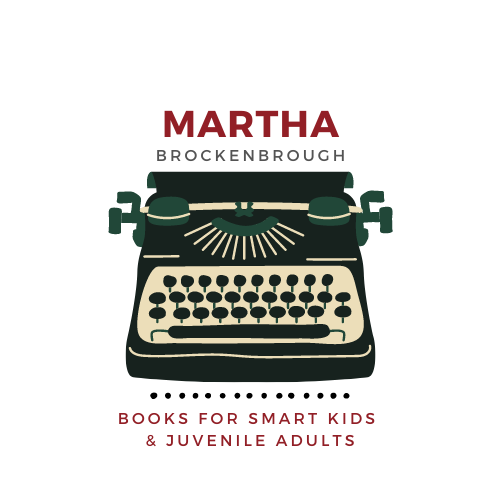One of the wonderful, talented new friends I met this weekend asked me this question on Twitter. (Hello, @JenipherLyn!)
What a great question. I’ve just returned home from what is probably my 20th major SCBWI event, if you add up the national and regional conferences and retreats I've attended over the past decade.
One thing I’ve learned: The day you get home from one of these huge things, don’t expect much out of yourself. If you’re fundamentally introverted, as I am, you’ll need a bit of time alone with your thoughts and your coffee cup before you’re feeling quite right again.
Once you’ve recovered from this particular conference, it’s time to seal in those connections you’ve made.
First, make a note of all of the people you met and spoke to. If you feel comfortable doing so, friend these folks on Facebook and follow them on Twitter. It’s especially true when these people are writers and artists.
Over the years, you’ll get to know them better and look forward to seeing them at future conferences. And you’ll feel palpable excitement when they sign with agents, publish books, go on tour, and win awards. Or even if they don’t and continue to work on their craft, celebrate life milestones, and generally make the most of their time on this planet.
For me, this stuff is important. We’re so often alone with our work that the pleasure of company from like-minded and like-hearted people is a source of joy and support. Many of my closest friendships have begun this way.
Second, take some time to thank the people who put this conference on. Lin Oliver, Steve Mooser, Sara Rutenberg, Kim Turrisi, Sally Crock, Kayla Heinen, Sarah Baker, Chelsea Confalone, and the rest of the staff at the international office would love to hear about your favorite moments. The work they do has changed so many lives, and no one will celebrate your successes with more enthusiasm.
If you had the good fortune to receive a critique from an editor or agent, it’s also nice to thank them for their efforts on your behalf. The point isn’t to sell a book or get a contract. It’s to show your appreciation for their time and expertise, and to begin building a relationship that will enrich your life with inspiration even if you never end up working with that person.
Finally, persist. If you keep learning and keep honing your craft, you will find an agent and sell a book. It might take a really long time, but if you truly enjoy the work and the company, then it’s time well spent. Over time, you'll learn that there won’t be one moment that changes everything for you, but rather, a series of moments in which you have learned what you need to learn to move forward. Have enough of those, and you will publish a book.
As great as it can be in those rare conferences when you have a stunning professional breakthrough, it’s probably more common to come home and feel a touch of despair in addition to all that inspiration you soaked up. Part of this despair might be exhaustion wearing an ugly mask. Travel, crowds, a flood of information—all of these things can take their toll.
But part might be knowing just how much work there is ahead of you.
If that’s the case, be kind to yourself. That great distance between you and wherever you want to be is something you cover in small steps. Don’t look at the mountain, just the ground in front of you. You might stumble. You might get lost. But these setbacks happen to all of us. Get up. Brush yourself off. Start climbing again.
Don’t give up on yourself and your dream, even if it feels really difficult at times. This work is hard for everyone. If it’s hard for you, too, chances are you’re doing it right.
And now, I am going to be revising my next novel, THE GAME OF LOVE AND DEATH, which Arthur A. Levine Books will publish next year, something I owe largely to a conference just like this one. It will be Arthur's and my third book together in as many years; I hope for similar successes for all of you.
